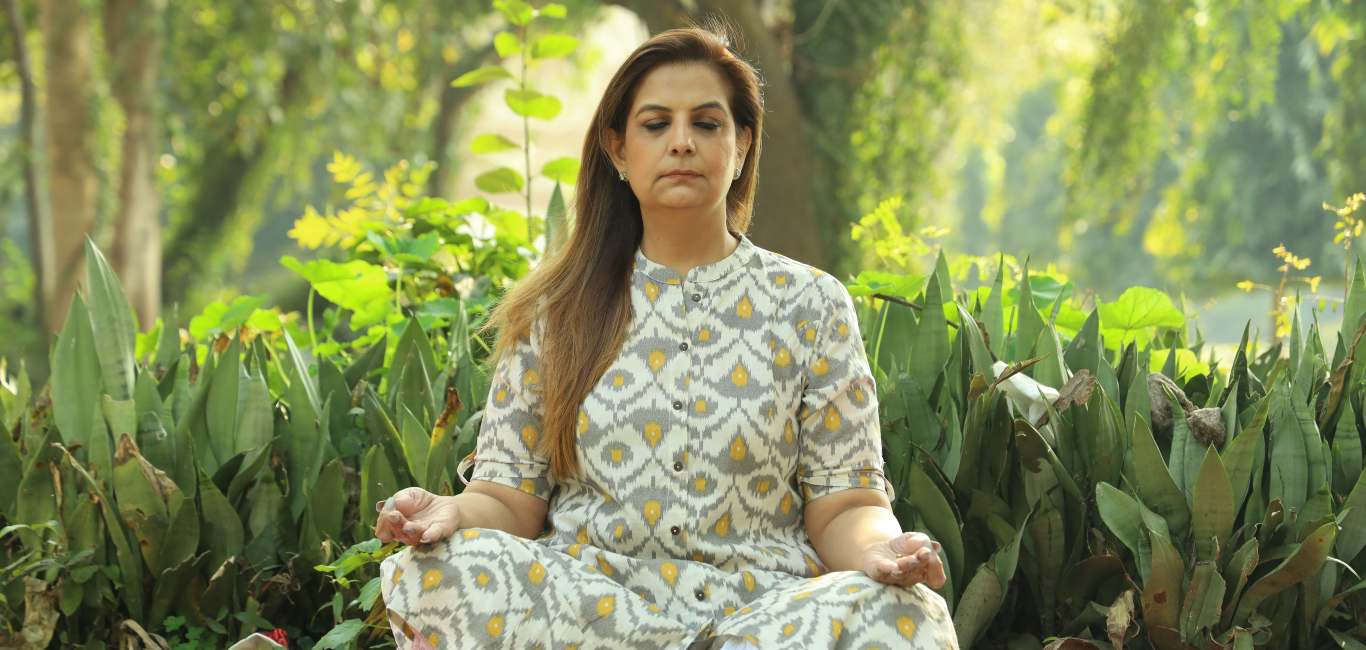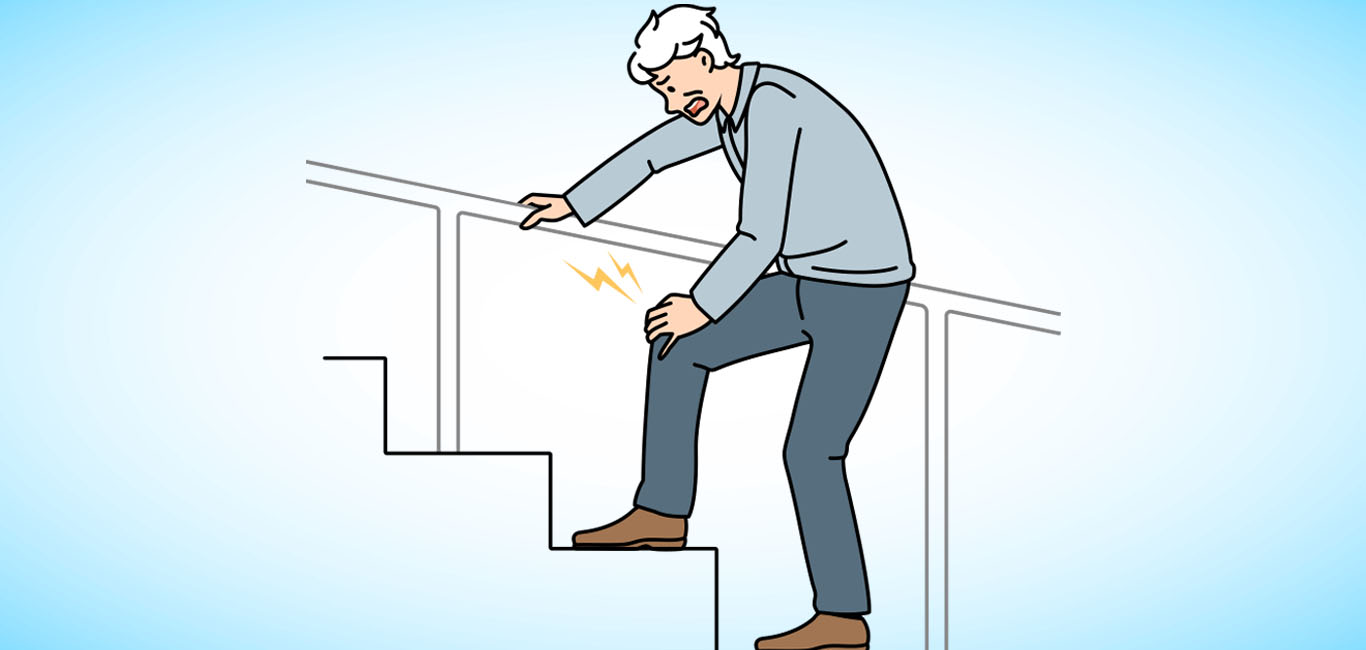
Tumakuru-based, Mangalamma, who had lived a healthy life, started experiencing mild knee pain with swelling in both the legs. She ignored it for almost three months; however, her pain intensified, hampering her daily activities and household chores.
The 60-year-old consulted an ayurvedic physician in her city, who diagnosed the condition as sandhivata (osteoarthritis). She was advised to undergo two ayurvedic therapies for two weeks: podikizhi, a herbal powder pouch therapy for a week followed by an oil well therapy for the next.
Mangalamma’s pain reduced significantly after the therapies. She was given oral herbal medicines and advised dietary modifications, such as increasing her intake of green leafy and fibrous vegetables and fruits. She was also asked to do mild exercises like walking, which further helped her keep her joint pain at bay.
The homemaker used to feel a ‘click’ every time she moved her joints before the treatment. This gradually reduced after she underwent the ayurvedic therapies.
Why do the knees hurt?
Osteoarthritis is a degenerative joint disorder characterised by the progressive deterioration of cartilage (a connective tissue that provides cushioning to the joints). This leads to mild to severe pain in the joints, stiffness and a reduced range of movements. The most affected joints are those in the hands, feet, spine, hips, and knees.
Osteoarthritis is managed by using pain medications, physical therapy, and surgical intervention (in severe cases).
However, people with osteoarthritis can turn to ayurveda as an integrated medicine approach to manage their symptoms in a gentler way.
Ayurvedic explanation
Happiest Health talks to experts to understand how ayurvedic strategies can help in managing osteoarthritis.
Dr Manjunath D Naik, an ayurvedic expert and consultant at Deerghayush Ayurveda Clinic, Bengaluru, says that ayurvedic literature names this condition janusandhigata vata (osteoarthritis).
The condition is said to be caused due to imbalance in the air element (vata), commonly seen as a degeneration due to ageing. Degeneration can also occur because of being obese or overweight, as the weight-bearing joints such as those in the knee are affected, says Dr Naik.
As one ages and gains weight, the pressure on cartilages increases, leading to wear and tear or thinning of the cushion.
Typically, a person with osteoarthritis experiences pain during or after the movement of joints, such as after walking, running, climbing stairs, and sitting down Other symptoms like redness, swelling, a crackling sound in the affected joints and reduced range of movements are also seen, says Dr Kirti Malviya, BlissCare Health Clinic, Indore, Madhya Pradesh. Ayurvedic experts say that these symptoms are closely linked with the disturbance of the air element (vata).
Read more about the ayurvedic explanation of different types of arthritis here.
A range of therapies to counter the condition
To manage osteoarthritis, ayurvedic experts recommend several lifestyle changes, including an anti-inflammatory diet (pathya), regular exercise (walking, yoga postures), and stress management techniques (meditation and regularising sleep habits). Therapies and herbal medicines are also used to reduce the symptoms of inflammation and pain.
Read more about the ayurvedic way of managing pain here.
Purificatory therapies
Enema therapy, one of the five purificatory therapies (panchakarma) in ayurveda, can help to manage osteoarthritis. Enema is considered a counter therapy for any health condition manifested due to an imbalance in the air element (vata).
A 2021 small-scale study conducted by Sri Kalabyraveshwara Swamy Ayurvedic Medical College, Hospital & Research Center, Bengaluru, found that castor oil enema (eight sessions) was beneficial in managing osteoarthritis of the knee joints in 20 participants.
Advanced therapies
Therapies such as bloodletting using leeches (leech therapy) and thermal cautery are used in advanced cases of osteoarthritis, says Dr Malviya. Both these therapies have been clinically researched and proven to be helpful in small-scale studies.
Dietary recommendations
Ayurvedic experts advise limiting the consumption of tea/coffee, all-purpose flour (maida), and spicy, sour, salty, oily, baked, packed and processed foods.
Preventive strategies
Dr Naik recommends the following strategies to keep osteoarthritis at bay:
- Weight management
- Oil massage using sesame oil (need not be medicated)
- Sunbathing followed by oil massage
- Including milk, ragi, drumstick leaves (moringa), fish, fenugreek leaves (methi) and dairy products for calcium to maintain bone health
- Regular bone mineral density checkup, especially after age 45
- Regular exercises (yoga or walking)

















